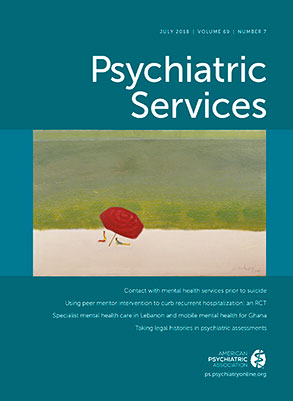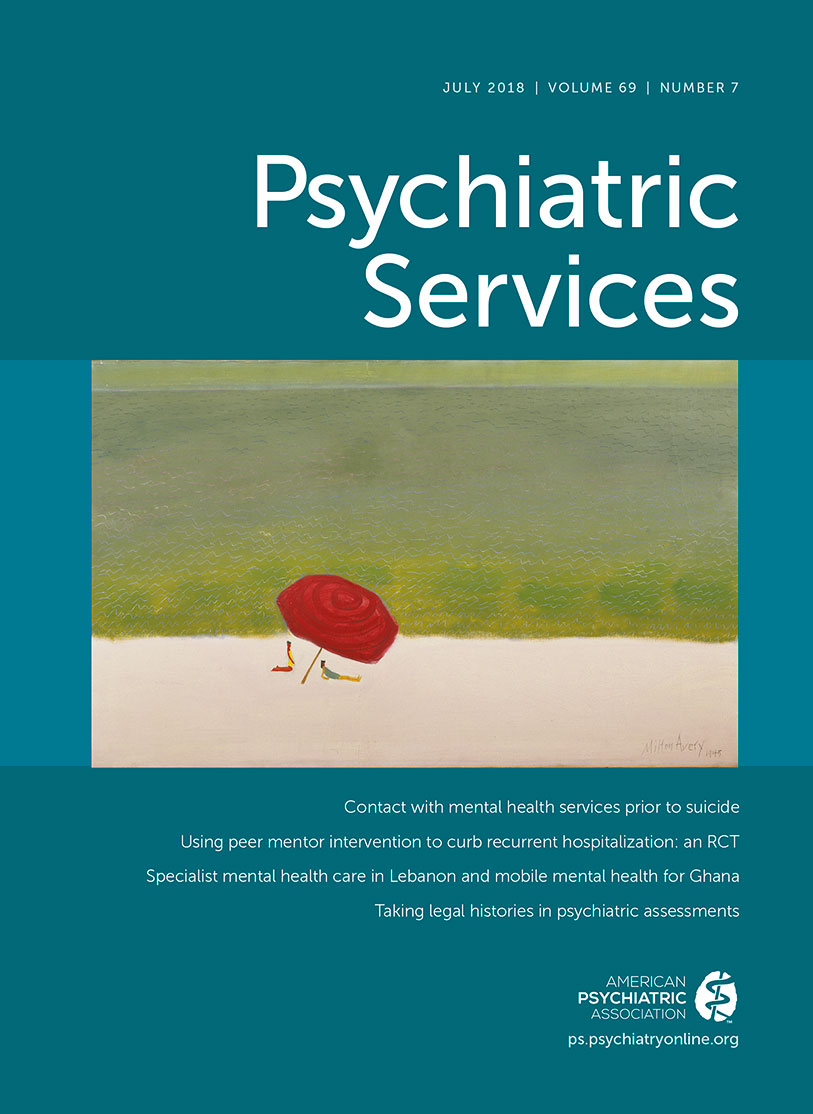TO THE EDITOR: Family medicine attends to the possibility that relationships can have healing effects (
1). Historically, psychiatry has recognized psychological healing (
2), but lately psychiatry has not emphasized the concept. Yet healing relationships may have special value in public health.
Healing is defined as curing when possible, relieving suffering, and finding meaning beyond the illness (
1). The concept of healing relationships, typically occurring between two people, is a time-honored and venerable social construct across cultures. One person is a help seeker who is ill, possibly disabled, and often demoralized. The other is a professional caregiver who wishes to heal and has special knowledge and skills.
Consistent with person-centered therapy, the concept of healing relationships emphasizes the qualities of clinical relationships for which professional caregivers may strive. Core characteristics are being nonjudgmental, understanding, accepting, respectful, and empathic and instilling a sense of hope and empowerment within the help seeker (
3). Healing relationships develop during skillful, semistructured interviewing; focused listening; and iterative, collaborative formulations of illness and recovery narratives that reflect personal experiences beyond diagnosis.
Healing relationships are interpersonal nuclei for person-centered care (PCC) in recovery-oriented systems of care. PCC provides principles, strategies, and structures—a process for actualizing recovery plans. PCC emphasizes personhood (versus patienthood); recovery goals (beyond the relief of suffering); partnership among help seekers, their families, and professional caregivers in planning care; and facilitating help seekers in taking an active role in their care (
4). All of these are instrumental in supporting help seekers (
1) in achieving recovery within a healing context of shared meaning. Recovery orientation incorporates the attitudes, behavioral professionals (including peers), and resources (including residential services) necessary for people to shape their care and their lives (
5).
To illustrate, AB was a 29-year-old Greek-American man with intractable schizophrenia, whose treatment included multiple hospitalizations and a recent clozapine trial that caused myocarditis. Living in a low-supervision residence and demoralized by failure to achieve his goals of marrying, working, and owning a home, he suffered from persistent paranoid delusions and alarming suicidality. An interdisciplinary team engaged him with nonjudgmental understanding and acceptance, instilled hope, and collaboratively formulated a recovery plan. Fundamentally at stake for him was having a reason to live. The plan, made while AB was taking risperidone, included publishing poetry and participating in peer groups and supported work. To everyone’s satisfaction, the psychotic symptoms subsided, and he joined a narrow community.
In addition to their intrinsic therapeutic value and consistent with the variance explained by the attributes above in therapeutic trials (
3), healing relationships engage help seekers and hold them in care, thereby facilitating PCC and treatment interventions. They serve as essential criteria for quality of care, and they mitigate behavioral professional burnout. Healing relationships work best in a framework of a comprehensive, biopsychosocial model of practice.
Healing concepts, which are rooted in medical and social sciences, are particularly important for a target population of people with chronic, disabling, and demoralizing behavioral disorders. They complement macroscopic system perspectives for understanding public-sector practice. For these reasons, public psychiatry ought to renew interest in healing relationships as clinical, interpersonal nuclei in the process of care.

